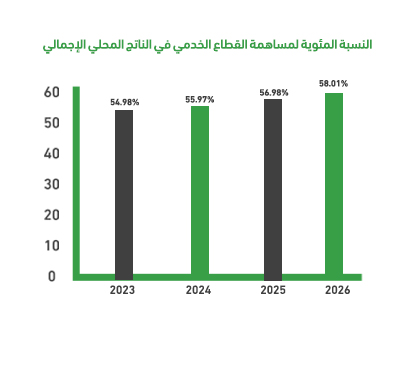The vending machine project is a modern solution that allows the provision of products and services to the public in a practical and fast way around the clock, without the need for human intervention. These machines rely on advanced automated operating systems, which enables customers to easily purchase their needs without waiting in queues, making them an ideal choice for a smooth and comfortable shopping experience. Vending machines are characterized by low operating costs compared to traditional stores, making them an economic investment that generates continuous profits throughout the day. Their spread in strategic locations such as metro stations, universities, hospitals, sports stadiums, public parks, and shopping centers contributes to targeting a wide segment of customers. These machines provide a variety of products, from snacks and drinks to daily necessities, making them suitable for different age groups. Thanks to their integration with modern payment methods, they have become an ideal choice that meets the needs of consumers in a practical way, in addition to being a sustainable investment model that keeps pace with developments in modern technology.
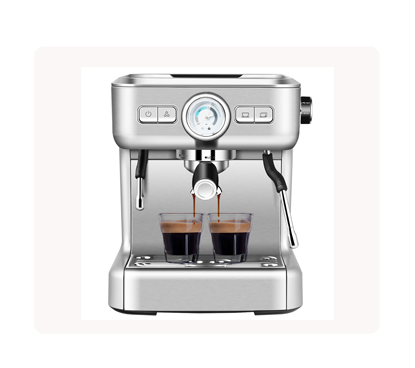
The vending machine project is an innovative solution that relies on technology to provide an easy and fast shopping experience for customers, allowing them to purchase essential products independently without the need to interact with employees. These machines are characterized by their ability to provide a wide range of products including fast food, fresh drinks, and even health products, making them an ideal destination for all individuals at any time of the day. One of the most prominent advantages of vending machines is the ability to operate independently 24 hours a day, which ensures continuity of service without the need for employees. It is noteworthy that the machines have practical designs that suit places with limited space, making them ideal for high-density areas such as malls and shopping centers. Thanks to these features, the vending machine project is a successful investment that achieves a balance between quickly meeting customer needs and generating sustainable profits for those who invest in it.
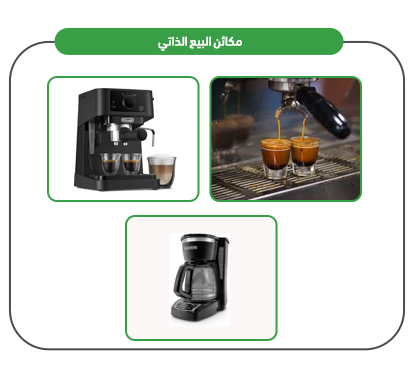

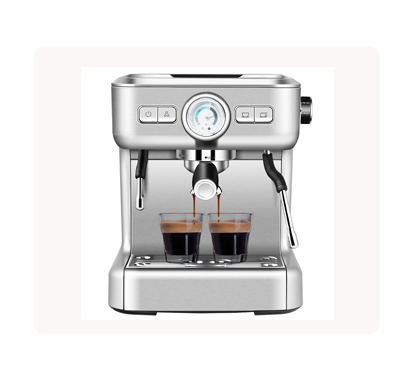
Executive Summary
Study of project services/products
Market Size Study
Risk assessment study.
Technical study
Financial study.
Organizational and administrative study.
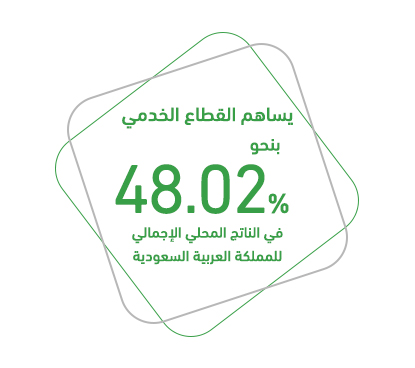
The service sector does not rely on raw materials or goods for sale; rather, its activities are centered around providing intangible services. Like this: Transportation services, hospitality services, healthcare services, and others. This sector is considered the main driver of major economies; for example, in the United States, the service sector accounts for 85% of the GDP. As for the service sector in Saudi Arabia, statistics and indicators confirm its contribution of about 48.02% to the GDP. This vital sector includes five main activities.
Namely:
The Gross Domestic Product (GDP) in Saudi Arabia reached 2,625,442 million SAR, with the “Wholesale and retail trade, restaurants, and hotels” sector contributing approximately 10.8% (284,579 million SAR).
Contributes approximately 6.6% (172,304 million SAR).
The Financial, Insurance, Real Estate, and Business Services sector contributes approximately 6.4% (SAR 377,725 million) to the Gross Domestic Product (GDP).
This sector contributes approximately 2.5% (SAR 65,729 million) to the Gross Domestic Product (GDP).
It contributes 21.9% (SAR 576,089 million) to the Gross Domestic Product (GDP).
